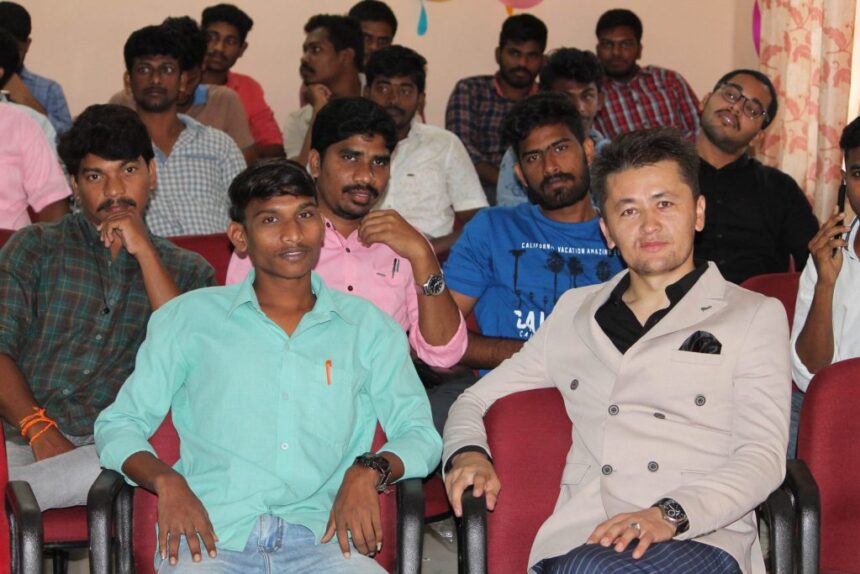RASC News Agency: Afghanistani students residing in India have expressed growing frustration over the absence of consular services, lamenting that no one is addressing their pressing concerns. According to these students, the ongoing refusal of the Indian government to issue visas has exacerbated their struggles, leaving them to face mounting difficulties and uncertainties. Ismatullah Ehsas, a 27-year-old Master’s student in Civil Engineering at Punjabi University, Patiala, spoke about his profound desire to return home to Afghanistan and reunite with his family. However, the lack of consular services and the inability to obtain a visa for his return have become significant obstacles in his path.
Ehsas appealed to the Indian authorities to lift the visa issuance suspension and reopen flight routes to Afghanistan, particularly for students who have been stranded for nearly three years due to the disruption. He stated, “It has been almost three years since the regime change in Afghanistan, and with that shift, the Afghanistan embassy in New Delhi has severely restricted its operations. As a result, Afghanistani students here in India have encountered numerous challenges, including difficulties in returning to Afghanistan universities. Moreover, many graduates are unable to secure visas, and both students and Afghanistani migrants face financial hardships.”
Ehsas further highlighted that the absence of adequate consular services over the past three years has compounded the difficulties for Afghanistani students. Shafiullah Saberi, a representative of Afghanistani students in India, commented: “Since the Taliban regained control in Afghanistan, India has suspended flights for over three years, effectively barring Afghanistani citizens and students from traveling. Those trapped in Afghanistan are deeply concerned about their future, left in a state of total uncertainty, while students in India are grappling with severe psychological stress. They anxiously await the reopening of flights, hoping for an end to their current ordeal. We urge the Indian government to promptly resume visa issuance and reopen flight routes to resolve these ongoing problems for Afghanistani students.”
Similarly, Sayed Bahram Azizi, a doctoral candidate, noted: “At present, particularly for those pursuing Ph.D. studies, it is crucial to return to Afghanistan as many of our research topics are centered on the country. Frequent travel back and forth is essential for our work, but, unfortunately, the current situation only permits one-way travel, preventing us from returning.” These students continue to call upon Indian authorities to address their grievances and alleviate the growing challenges they face.






